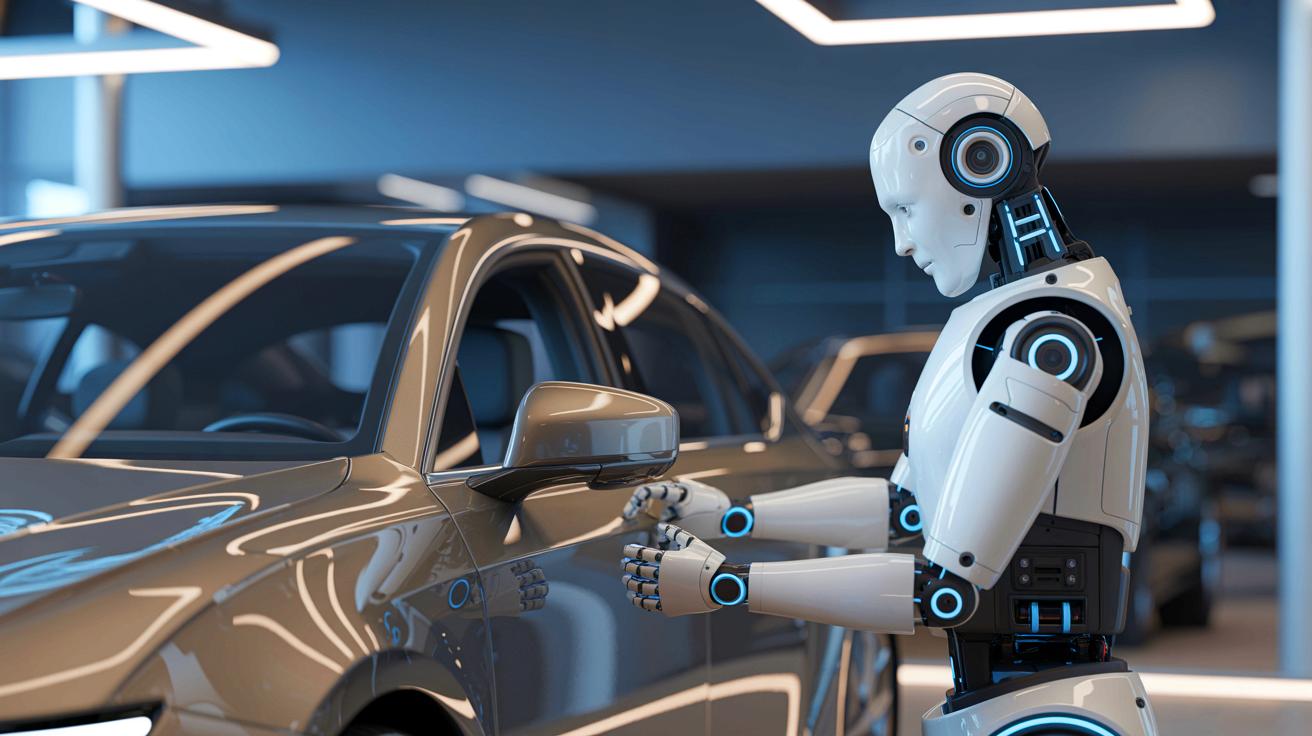
A Chinese humanoid robot named "Atlas" has made headlines for its unexpected ability to open a car door autonomously. This feat, demonstrated in a recent display, showcases remarkable advancements in artificial intelligence (AI) and robotics, pushing the boundaries of what's currently possible. The robot's success has ignited a global conversation about the potential impact of AI on daily life, work, and society as a whole. Experts are discussing the ethical considerations and societal implications of increasingly capable robots that can perform tasks previously requiring human dexterity and problem-solving skills.
The incident highlights the rapid progress being made in AI and robotics, particularly in areas like computer vision and manipulation. While still in its early stages, this development fuels speculation about future applications of humanoid robots in fields such as elder care, manufacturing, and logistics. However, the ability to perform complex physical tasks raises important questions about job displacement, the nature of human work, and the potential for AI to blur the lines between human and machine capabilities. The event has prompted discussions on how to responsibly develop and deploy these technologies to ensure they benefit humanity.